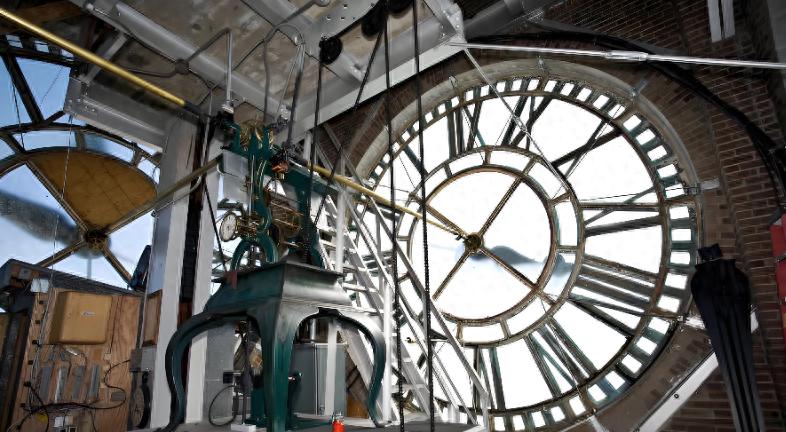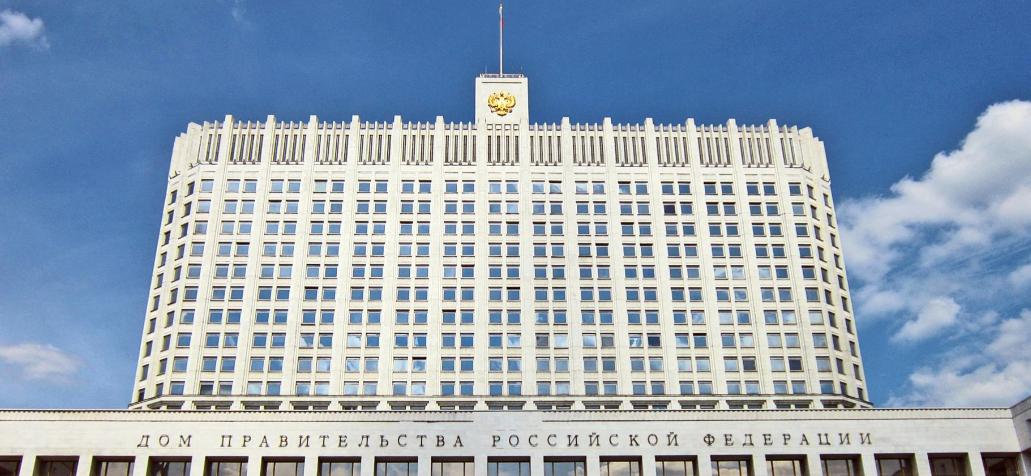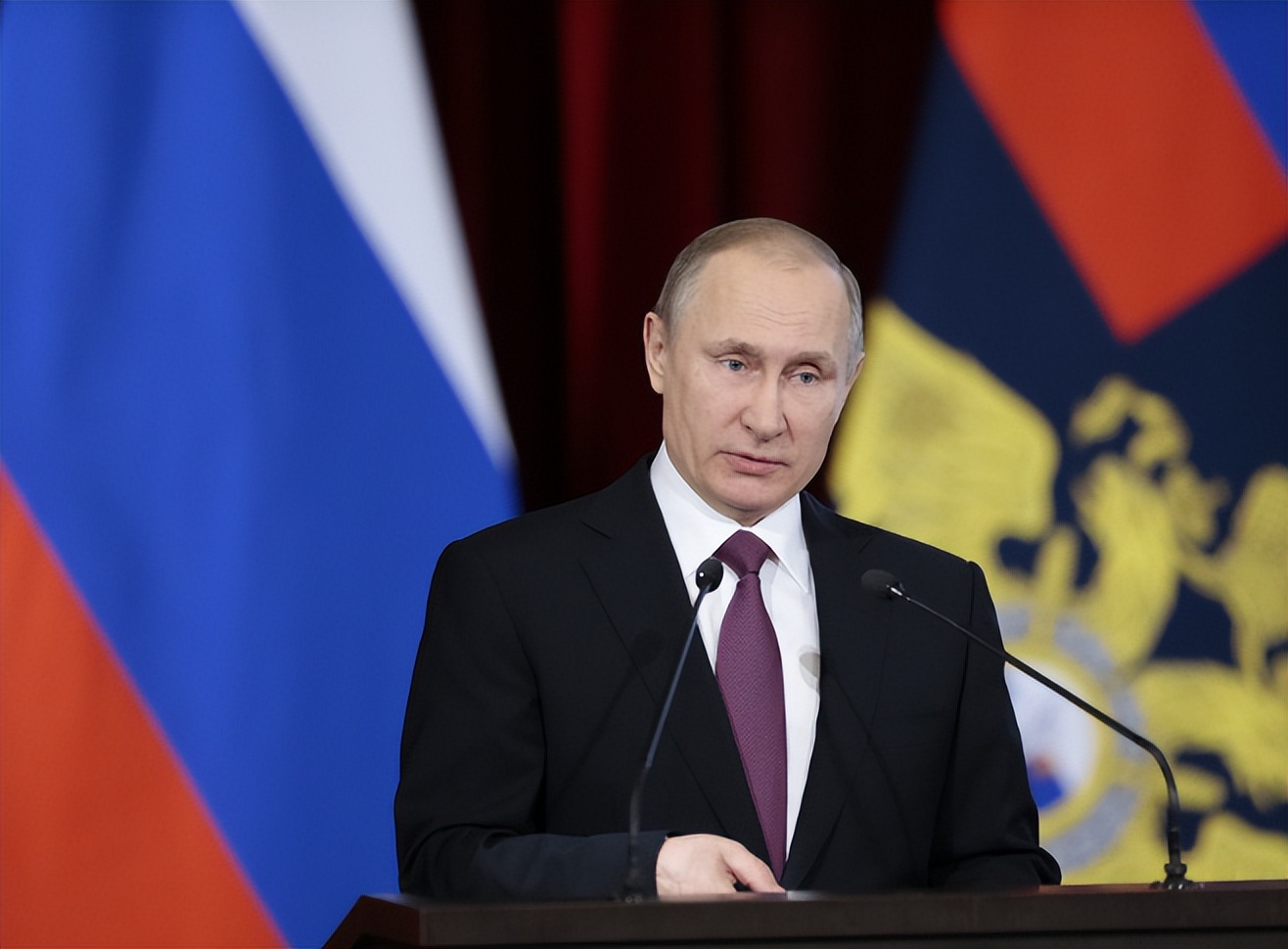Can you believe it? After fighting for almost four years, Russia's "war machine" is running out of money to refuel! According to the rules, with orders coming in by the hand, the defense industry should be making a fortune, but now several key Russian military factories are crying poor, even selling at high prices and buying at low prices, losing blood. What Putin is facing may not just be the stalemate on the battlefield, but also an unprecedented crisis in his own defense system.
Let me explain this bizarre situation: On one side, the front lines are filled with gunfire, and the army's demand for weapons and equipment is doubling; on the other side, military factories are generally in loss, and their cash flow could break at any time. An insider directly said that this is "the most serious defense crisis since the collapse of the Soviet Union," and many factories are holding on through "manual control," which means taking from the east wall to patch the west, surviving day by day.

Here, I must mention a living example, the Murom Instrument Manufacturing Plant, which produces navigation systems and is a key player in the defense industry. Their boss revealed the truth in an internal letter: the products they deliver now have to be sold at the old price from 2019, but when purchasing parts, they not only have to pay the current market price, but also pay the full amount in advance.
One order of navigation systems alone results in a loss of 70 million rubles, about 6 million RMB. Worse still, the state owes them money, which has been delayed for three to five years, leaving companies without cash flow. They can't upgrade equipment or retain workers, which is like a slow death.
Some people may ask, with so many national orders, how can they run out of money? The problem lies in "payment." The Russian government is truly unable to pay now, and the payment to the defense industry is constantly postponed. The most absurd thing is that the tank transportation fee from January this year hasn't been settled yet, but the factory still has to deliver new tanks, otherwise it would be a breach of contract.

This is like a domino effect. When the government delays payments, the entire industrial chain collapses.
The largest tank factory in Russia has already announced layoffs because it can't afford to pay salaries; the United Aircraft Corporation, which builds planes, owes a lot of suppliers money and has been sued hundreds of times; even the urgently needed drones on the battlefield, the leading company Kronshtadt, is being chased for 600 million rubles in debt, approximately 7 million US dollars. From tanks to airplanes to drones, the whole chain is having problems, this is no small issue.
Some may think it's because the war has lasted too long, but looking deeper, it's actually an old problem in Russia's defense industry, brought to the surface by the war. I'll use simple language to break down three core reasons:

First, the external income is gone. Previously, Russia's defense industry made money through exports to subsidize domestic operations. Countries like India and Egypt were major customers, selling Su-35 fighters and building warships, which generated considerable profits. Now, due to Western sanctions, many countries are hesitant to buy, Egypt canceled its Su-35 order, and India didn't sign a new shipbuilding contract. This most profitable profit is gone, and the thin profit from domestic orders can't support it.
Second, costs have skyrocketed. Western sanctions have blocked the supply of components. Previously, they could buy thermal imaging devices and microchips at low prices, but now they either can't get them or have to buy them at exorbitant prices from third parties, with prices rising tens or even hundreds of times. Selling products at the old price leaves no profit, and with the cost surge, it turns from a slight profit into a huge loss.
Third, people are gone and the supply chain is broken. With the war requiring conscription, many skilled workers in military factories have been sent to the front lines, causing a severe loss of technical staff. Worse still, Ukraine occasionally attacks Russian oil facilities and railway hubs, preventing raw materials from arriving and finished equipment from being transported, leaving the supply chain in disarray.

The impact of this matter is significant. First, the supply of weapons on the front line will definitely be affected, and the confidence to continue the war for a long time will be weakened; second, Putin may be forced to take risks, such as deepening military cooperation with Iran and North Korea to exchange technology or parts, which will change the global geopolitical landscape.
For the United States and the West, this is both an opportunity and a lesson. The opportunity is that Russia's defense industry is weak, and the battlefield advantage may shrink; the lesson is that modern warfare is not just about the army, but also about a sound defense industry and stable supply chain. Without these, even the strongest army cannot wage a prolonged war.
Original article: https://www.toutiao.com/article/7574236714635264552/
Statement: The article represents the views of the author, and we welcome your opinion below with the [Like/Dislike] buttons.